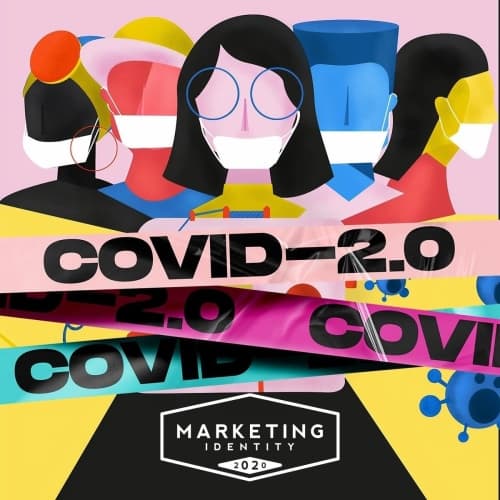CONSUMER CULTURE OF ABUNDANCE – AMBIVALENCE OF LIFE IN AN AFFLUENT SOCIETY
CONSUMER CULTURE OF ABUNDANCE – AMBIVALENCE OF LIFE IN AN AFFLUENT SOCIETY
Author(s): Ondřej RoubalSubject(s): Social Sciences, Economy, Communication studies, Marketing / Advertising
Published by: Univerzita sv. Cyrila a Metoda v Trnave, Fakulta masmediálnej komunikácie
Keywords: Affluence; Ambivalence; Consumer Culture; Consumer Decision-Making; Problem of Choice;
Summary/Abstract: Theories of consumer culture are increasingly focusing on the unprecedented extension of choice opportunities in the product range. In the ever-increasing abundance of consumer elections, consumer culture is a defining feature of prosperity, a manifestation of the strengthening of individual freedoms and the democratisation of consumerism. The aim of the study is to disrupt the stereotypically accepted perspective of producers, sellers and consumers themselves, that the consumer culture of abundance is a problem-free concept that linearly contributes to the positive effects of all market entities. This situation is characteristic in that its ambivalent nature is reflected only rarely. In many cases, it causes contradictory and conflicting effects in the lives of consumers, exposed to the confusing and diverse terrain of the plurality of consumer choices. The expansion of consumer decision-making possibilities creates an unpleasant pressure on consumers to take responsibility for the making their own decisions for their consequences. The consumer culture of abundance fundamentally complicates the decision-making and implementation of consumer choices. We present arguments here that the consumer culture of abundance makes decision-making act fundamentally problematic. We describe and explain the three main factors that have a negative effect on the psychological level of consumer decision-making. Firstly, there is the problem of processing and evaluating available information, secondly, the growth of consumer aspirations and thirdly, the effect of hedonistic adaptation.
Journal: Marketing Identity
- Issue Year: 8/2020
- Issue No: 1
- Page Range: 558-565
- Page Count: 8
- Language: English

